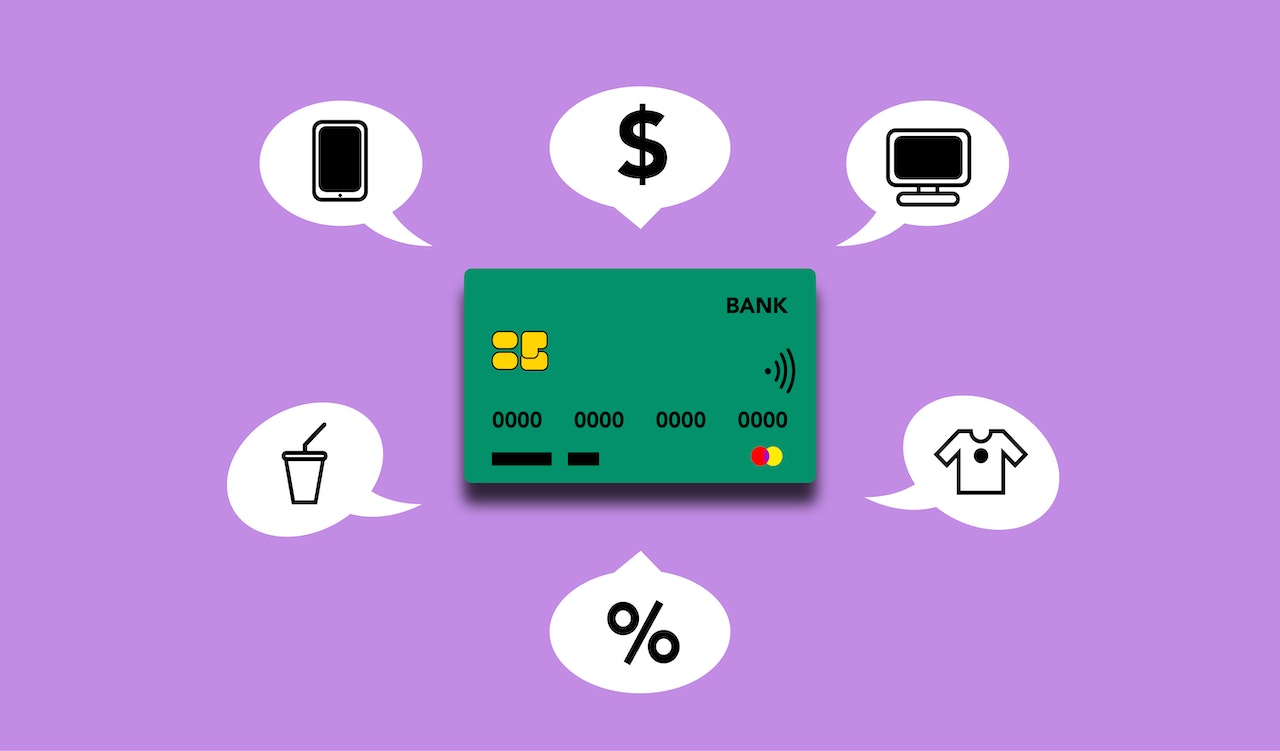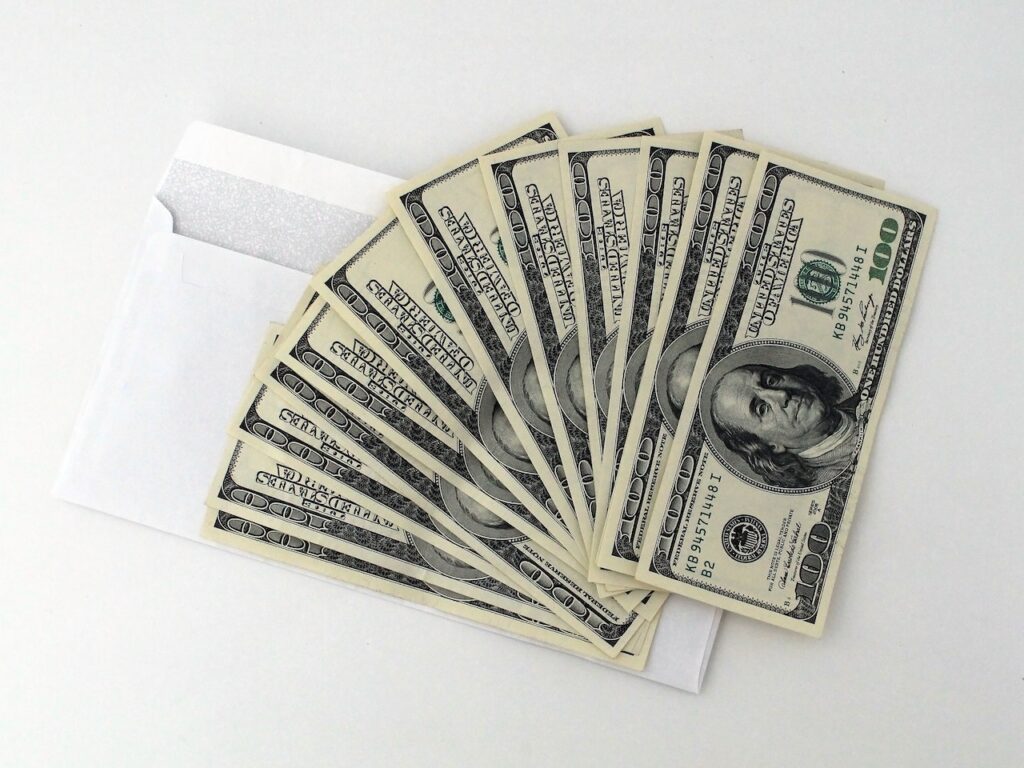News
Are Credit Card Companies Scam? | Things That Credit Card Companies Don’t Want You to Know
Very few people read the contract before getting a credit card, which means that the companies can gain an advantage over your finances.
Published
3 years agoon
By
Mario
When you think about it, most people are using their credit cards for everyday purchases. Through every aspect of your daily interactions, the bond between you and credit card companies is unbreakable.
You are fully aware of every significant aspect of your card, including its credit limit and interest rate, and you have every reward and perk committed to memory. You might even memorize your card’s number. Sadly, there is some unfavorable information that could be financially devastating.
The truth is that you have been kept in the dark about several matters since your financial gain comes at the expense of your card issuer. By reading on, discover some information your carrier doesn’t want you to know.
Credit Card Industry Secrets They Don’t Want You to Know
In Reality, Fixed Rates Aren’t Fixed

Your APR may be increased at any time by the issuer. Although this information isn’t strictly a flagrant secret, the card companies are betting you won’t notice it because it is so deeply buried in the small print of your cardholder’s agreement.
Typically, a fixed introductory interest rate that may alter at the company’s discretion is used to tempt us to join up.
You have the right to notice 15 days in advance of a potential rate hike, but to stay informed, keep an eye on your mail. Notifications arrive in a thin, covert white envelope.
Two Penalties for One Late Payment
In a perfect world, late payments incur one cost, while those received on time incur none. In this flawed universe, receiving two surcharges for a single infraction is possible without being informed of them in advance.
These can take the shape of late fees (up to $35) and penalty rates, which are ongoing interest increases that can raise your APR to 29.99 percent or higher! Although most cardholders are unaware of the specifics, the 2009 CARD Act aimed to restrict these price hikes.
Interest Compounded Monthly at Twice the Rate

A legal loophole that enables your card company to charge two months’ interest for just one month of late debt payments is another one-two financial blow.
For instance, even though you made your September payment on schedule, you were nevertheless assessed twice as much interest for a partial balance payment in October.
Double-cycle billing compares your average daily balance over two consecutive months and assesses a higher interest rate depending on which month you carried a higher balance.
This is a problem not simply because of the interest but rather because of the idea that excellent financial behavior should not be penalized.
Unfair Grace Periods
How many of us have appreciated the grace period after making large purchases? Let’s say you use your card to make a $1,000 purchase and pay $250 by the deadline to appease your creditors.
Most credit cards provide grace periods of up to 25 days, allowing you to pay off the remaining balance without incurring interest. However, many providers are cutting the grace period to just 20 days, and some are doing away with it entirely out of a desire to profit.
This implies that you will still be charged interest on all transactions, even with prompt repayments. Check the number of days offered by your card company’s grace period to avoid falling out of credit grace.
Minimum to Maximum Payments

The longer you are in debt, the higher the interest rates credit card issuers may levy and the more money they can make.
Before now, cardholders had to make a minimum monthly payment of 5%. Due to people’s desire to pay off their debts more quickly, this created issues for creditors. As a result, they reduced the monthly minimum to 2%.
Now, though, with fewer repayment obligations, we’re more likely to overspend and rack up more debt each month. According to experts, this action by credit card issuers increases interest by thousands of dollars, resulting in a payback schedule that may run for years or even decades.
Any Creditor Can Increase Your APR If You Make Late Payments
We sincerely hope that our creditors do not intend for us to go behind on our payments, but if there is one lesson to be learned from this essay, it is always to pay off your debt promptly.
One late or incomplete payment can raise your overall APR for all credit lines in your name, whether for a credit card, automobile, or mortgage.
Can you envision your auto or mortgage loan increasing from 3% to 29%? Creditors get the universal default clause, which protects them from persons who pose a credit risk, similar to how we have the CARD Act.
Final Note
In the world of personal finance, information truly is power. Credit card issuers can trick customers into paying more for their credit by keeping these rights, obligations, risks, and repercussions a secret.
Unfortunately, doing so occasionally means using up all of your savings or perhaps pushing you into bankruptcy.
Every “little” secret in the credit card industry is a major problem, as evidenced by the astounding effects of compound interest, lowering the minimum payment by a small percentage, or raising the APR of one credit card over a late payment.
In all honesty, it’s impossible to maintain a full financial life without ever using a credit card. Credit lines are useful for establishing a credit history, earning rewards, and having a quick source of money in an emergency.
Even though the credit card business would prefer to keep its secrets hidden, the objective should be to use credit cards sensibly and to be a properly informed cardholder.
You may like

Best Problem-Solving Strategies In Business

How to Start Affiliate Marketing Through Amazon

How to Plan A Wedding On A Budget

10 Reasons Why Budgeting Is Important




